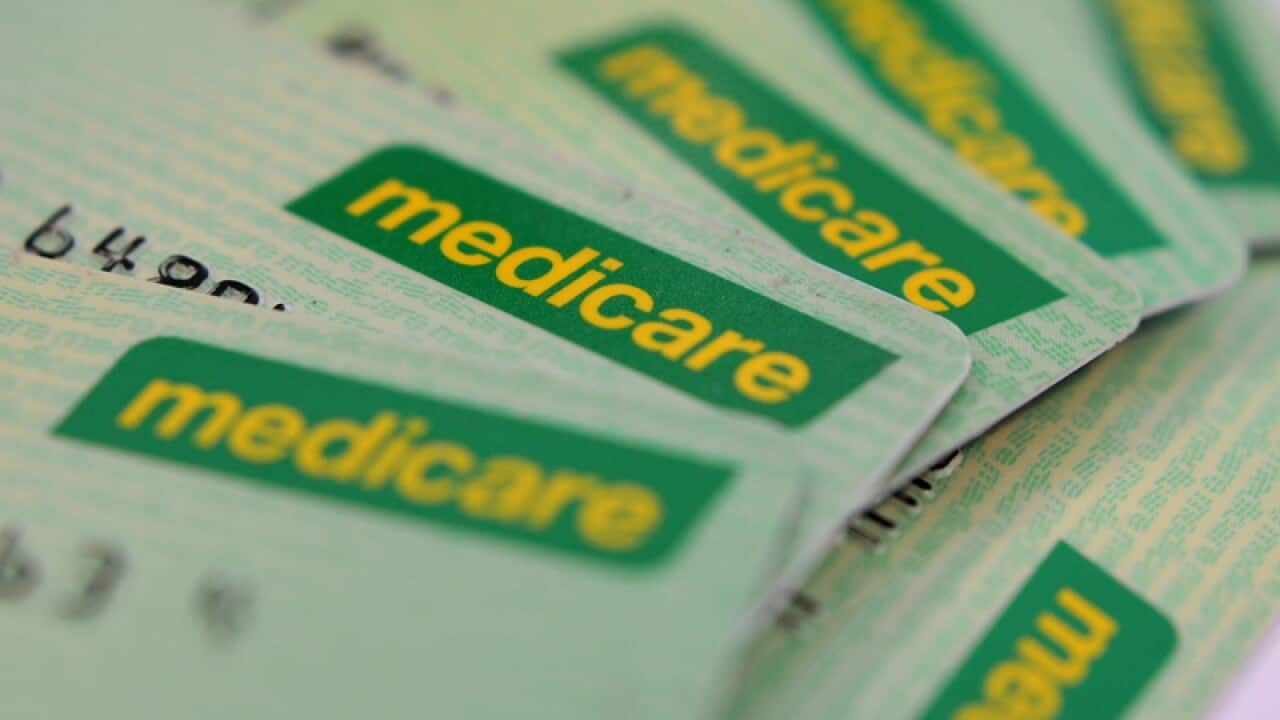Ending the freeze on Medicare rebates for doctor visits could be paid for by raising taxes on high-income earners in next week's federal budget.
Labor and health advocates have put the coalition under political pressure to lift a four-year freeze on Medicare rebates for GP visits.
The government has been seeking a way to pay the estimated $1.8 billion over four years required to lift the freeze.
Westpac chief economist Bill Evans says one possibility is extending the Medicare levy surcharge to high-income earners with private health insurance.
The surcharge now only applies to those without such insurance.
The measure could raise around $4 billion over four years, which could also be used to cover other government costs in the health and welfare area.
While it is understood the coalition has considered the surcharge hike, there is also speculation the Medicare levy itself could be raised.
Equity Economics' Angela Jackson said any lifting of the Medicare rebate freeze would be welcomed by patients and doctors.
Analysis released last year showed patients were due to be out of pocket by $5.50 per visit by 2020 if the freeze remained in place.
"This is the same as introducing a co-payment," Ms Jackson told AAP on Friday.
"In addition to equity, the freeze is leading to a reduction in health care use which will lead to longer-term health care costs and a reduction in preventative health care like immunisations."
The key to containing health care costs was keeping people out of hospitals, not out of the GP surgery.
The Australian Council of Social Service has long advocated removing the exemption from the Medicare levy surcharge for those holding private health insurance.
A spokesman for Health Minister Greg Hunt declined to comment ahead of the budget.
The levy surcharge starts at $90,000 income for singles without private health insurance and $180,000 for families.
It starts at one per cent of income and rises to 1.5 per cent for the highest earners on more than $140,000 as a single or more than $280,000 as a family.
The Medicare levy itself is two per cent of taxable income, but there is an exemption for the lowest income earners, seniors and pensioners.
Labor says the government must ditch all of its cuts to health care, and a partial unfreezing of the Medicare rebate won't be enough.
"The test for Malcolm Turnbull is to not pick and choose which of his freezes and cuts to the health care system he intends to undo - he needs to undo them all," health spokeswoman Catherine King said.









